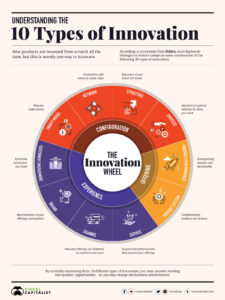Dyslexia friendly Bibles, and Dyslexia friendly Churches
Do Dyslexics need specialist Bibles, understanding from churches, or both? Dyslexia is a condition that makes it hard for people to read and write easily. It has been recognized for over 100 years and now some countries even have laws requiring schools, employers or providers of public services to make adjustments to help people for whom dyslexia is a barrier. (Unfortunately, even in the wealthier countries the level of support does not meet the demand.)
Read More »Dyslexia friendly Bibles, and Dyslexia friendly Churches
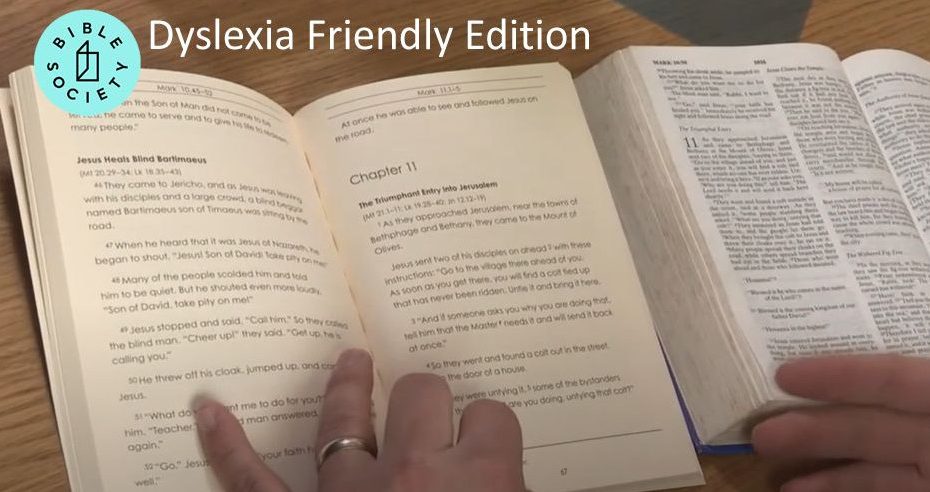
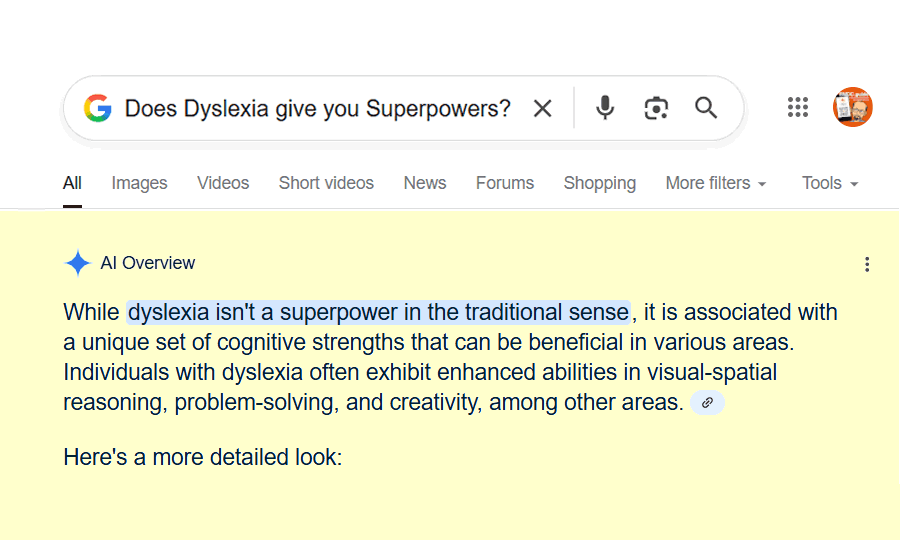
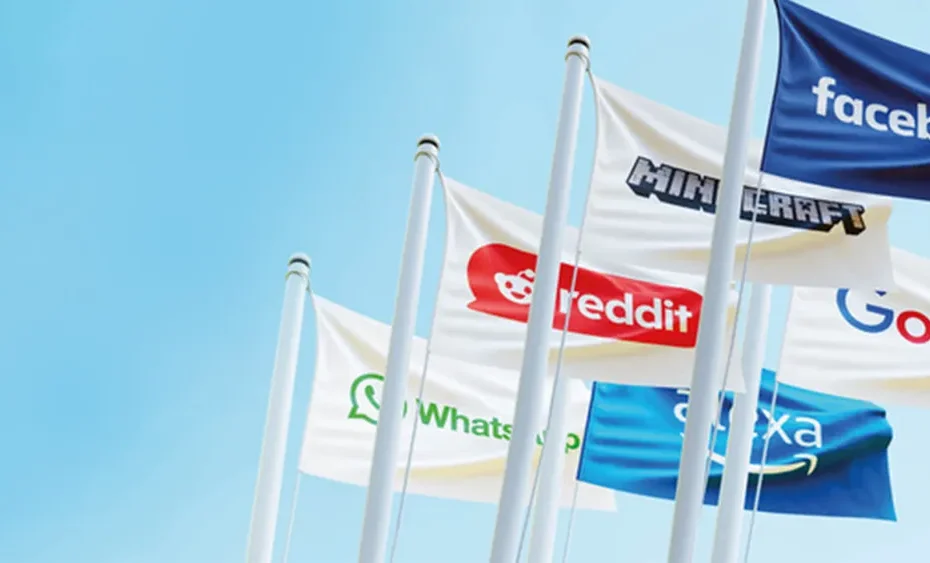
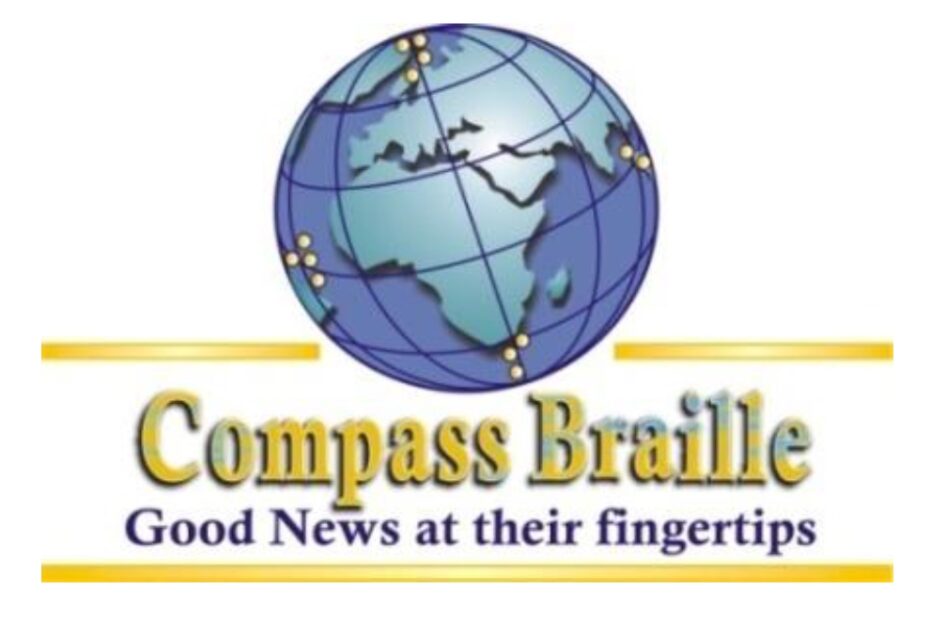
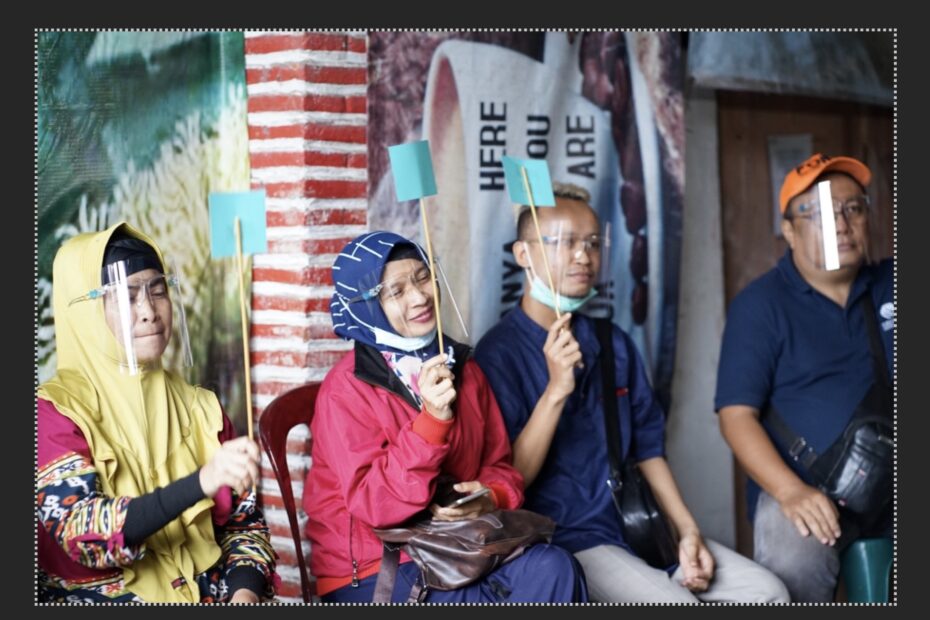



 “As an AI language model, I am capable of translating text into different languages, including the Bible. However, it is important to note that the translation of the Bible is a sensitive and complex task that requires a deep understanding of the source text, as well as the culture and linguistic nuances of the target language.
“As an AI language model, I am capable of translating text into different languages, including the Bible. However, it is important to note that the translation of the Bible is a sensitive and complex task that requires a deep understanding of the source text, as well as the culture and linguistic nuances of the target language.